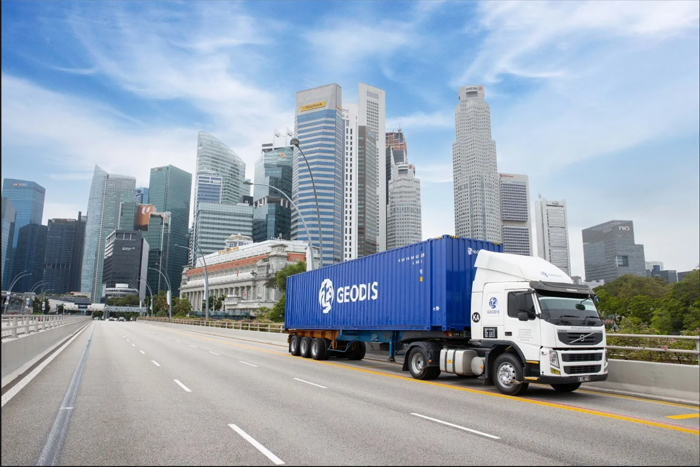ASEAN-China trade growth
ASEAN-China trade has grown rapidly in recent years, highlighting the important role of logistics in facilitating trade. Road transport has become one of the fastest growing modes of transport in the ASEAN freight market, with countries such as Thailand and Vietnam looking to further invest in infrastructure to develop their cross-border trade with China.
In 1991, China and ASEAN officially launched a dialogue process. Over the past 30 years, China-ASEAN relations have grown significantly, with bilateral trade growing from less than US$8 billion in 1991 to US$975.34 billion in 2022, just one step away from US$1 trillion. China and ASEAN have been each other’s largest trading partners for three consecutive years.
In the first seven months of this year, total imports and exports between China and ASEAN reached 3.59 trillion yuan, up 2.8 per cent year-on-year, accounting for 15.3 per cent of China’s total trade.
On the other hand, from the perspective of the international environment, the “China+1” supply chain strategy adopted by European and American companies is accelerating the creation of industrial value chains in Southeast Asia. European and American companies are setting up factories in Southeast Asia, and Chinese companies are also accelerating their layout in Southeast Asia, on the one hand, to strive for better conditions and serve the local market, and on the other hand, to reasonably avoid potential geopolitical and sanctions risks.
Such changes in industrial layout will also lead to further flows of raw materials and products between the Chinese and Southeast Asian markets.
Geodis expects the size of Asia Pacific’s expanding logistics industry to reach US$4.5 trillion by 2029, with a projected growth of 5.24 per cent from 2023 to 2029.
“ASEAN and China are two of the fastest growing economies in the world. As the region remains poised for growth, GEODIS sees the extension of our Road Network to China as an opportunity to enhance our multimodal solutions and connectivity across major air hubs and seaports to give customers greater flexibility and reliability. We have made significant investments to our security, infrastructure and capabilities to ensure a safe and efficient flow of goods for our customers. Ultimately, we want to provide them with a competitive advantage to grow their business,” said Onno Boots, Regional President and CEO of GEODIS Asia Pacific and Middle East.
